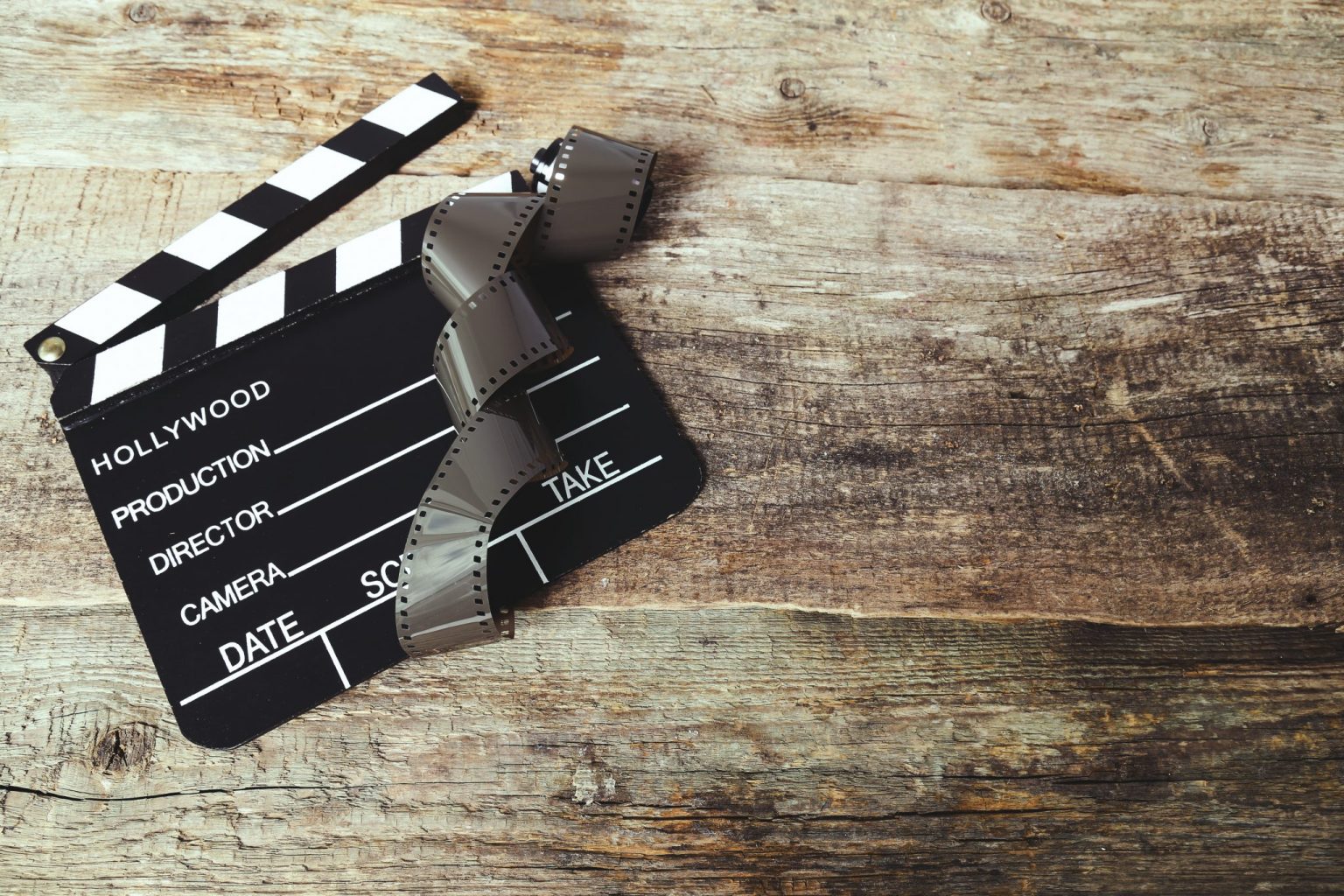So you’ve shot your film on whatever was the best camera you could get your hands on and it went, hopefully, as smoothly as possible, which in independent filmmaking means no one got hurt and you got your shots with the money and time you allotted for them, but production is another article. This article is about post-production. For purposes of this one, let’s say principal photography is complete and now it’s you (and your team if you have them!) with a “mound” of footage waiting to be crafted into your masterpiece.
But how do you go from raw footage to masterpiece?
If you have a post-production team and the finances to pay for them and the services your film will need, then this is not the article for you (though Hooray!). No, this article is for the DIY filmmaker who managed to cobble the money together to shoot a film, whether it be feature or short, documentary or fiction, and is now in a position of having all their footage with them, likely on a hard drive, and plan to do the cutting themselves.
So what do you do with all your footage?
While every filmmaker will have their own methods to the madness, I’ve found there are some basic steps that can help one face the daunting task of sorting through raw footage to eventually tell the story they are trying to tell. And as I embark on going through all the footage for a short documentary my husband and I shot on our road-trip Honeymoon, I am reminded of these steps and thought I’d pass them along in case they can perhaps help you on your filmmaking journey too.
Prepare your footage for your choice of editing software.
This is something you hopefully have already done before you shot a frame. It’s best to know before shooting what you will be cutting with so you can make sure your post-production flow is set up and ready to go. For example, I shot my short documentary with an iPhone and am cutting in Final Cut Pro 7. Well, FCP doesn’t handle iPhone footage well so I had to convert them using Compressor to bring into FCP. That is what you don’t want to find out as you sit down to import your footage. Proper research will help you prepare your footage beforehand.
Organize your footage before you edit.
When I was working as an assistant editor, one of my favorite things to do was setup projects because I controlled the way the project would be organized for pretty much the duration of offline editing. And let me tell you, a disorganized editing project could cause some costly mistakes! Would you want to send the wrong cut to your Color Corrector? With an organized project, you decrease the chances of that happening. And you also allow yourself the opportunity to find your footage quickly. Create folders in your projects for each scene and label everything. Also, make sure you know your source tape for your clips because some will inevitably go offline. Cutting will be so much smoother when you can focus on assembling the clips to tell your story, not on figuring out where they are.
Have a plan with a self-imposed deadline for completion.
Have a clear-cut plan for your post-production. What is your editing schedule? When do you want to have the film complete? Figure out what it will take to make that happen and plan accordingly. If your film is heavy on CGI, for example, keep that in mind and likewise, if your film has audio that needs work, consider that when scheduling for sound design and mixing. I’ve found a self-imposed deadline helps me stay on track. I typically use whatever festival I want to submit to first as the deadline to have my film completed.
Seek help from other people.
Filmmaking is a collaborative art. Even if you have a low budget, you can still work with talented individuals, such as composers, color correctors and audio mixers, who are looking for opportunities to showcase and/or utilize their skills and will do so at a lower rate than they normally charge if they like your project. And don’t forget to check out film schools and unions to look for people willing to volunteer their services and time. Also, there are organizations, like Film Independent, that offer much help and resources to independent filmmakers who are in all phases of production.
Seek and be open to feedback.
As you edit your film, be open to feedback from those you trust to provide you with an honest critique. Not only will it be a fresh set of eyes but it will also allow you, the filmmaker, an opportunity to see how others respond to what you’re attempting to do. You can take the comments that help make your story stronger and discard the ones that don’t but never underestimate the value of an outsider’s opinion. It’s easy to develop tunnel vision while you cut…
As I sit down with all my footage for my short documentary, I am reminded of these few things I’ve found helpful along my filmmaking journey. Perhaps they will help with yours too. Happy editing!

